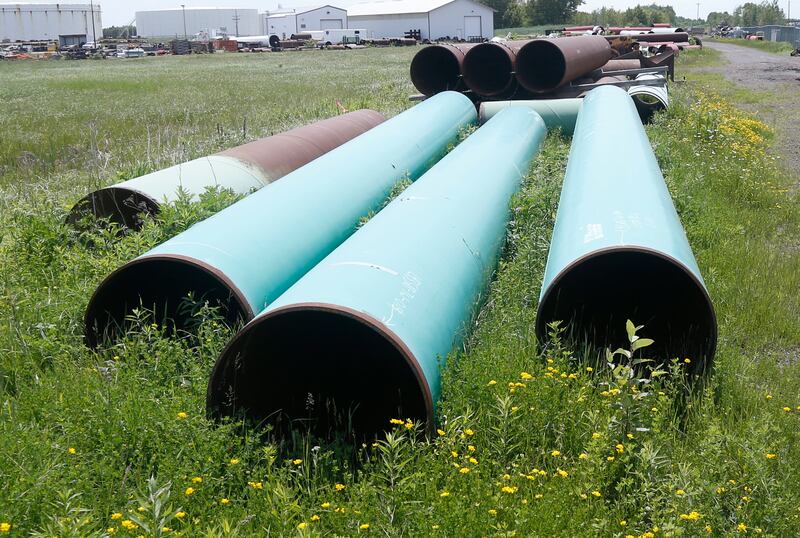The oil industry has been shaken. This week three major oil and gas companies — Exxon, Chevron, and Shell — made headlines in a landmark week for climate change activists, CNBC reports.
- “Sustainability became the new normal” this week, said Forbes.
All three companies suffered “crushing” defeats as investors pushed the oil giants to take faster action against climate change and climate risk, CNBC and NPR reported.
What happened in Shell’s courtroom defeat?
Dutch courts ruled against the Netherlands-based oil company Royal Dutch Shell, forcing the company to cut its carbon emissions more aggressively, NPR said.
- Previously, Shell aimed to cut its carbon emissions by 20% by 2030, CNBC reported.
- Now, Shell must reduce its emissions by 45% by 2030 for 2019 emissions levels, Forbes said.
What happened in Chevron and Exxon’s boardroom defeats?
For U.S. oil giants and rivals Chevron and ExxonMobil, “crushing” defeat came from their own boardrooms. Oil investors and shareholders felt a sense of “impending change” after a landmark study last week reported that the world did not need any new investment in oil or any new sources of oil, said NPR and Time.
- Chevron investors voted to substantially reduce carbon emissions from Scope 3, or the consumer end-use of their product, said Time.
- ExxonMobil shareholders supported a proposal from activist hedge fund Engine No.1 to overhaul the board and quicken the company’s pivot away from fossil fuels, says CNBC and NPR.
So what? What does this mean for consumers?
These developments reflect broader global trends of fighting climate change, said Forbes. While climate change denial remains prevalent in the U.S., outright denial is no longer the political mainstream internationally, said NPR.
- For Chevron, the investor's vote to reduce consumer emissions will require the company to sell less oil, reports Time.
- No companies have disclosed details for how they will achieve new targets for net-zero carbon emission by 2050, said CNBC.

